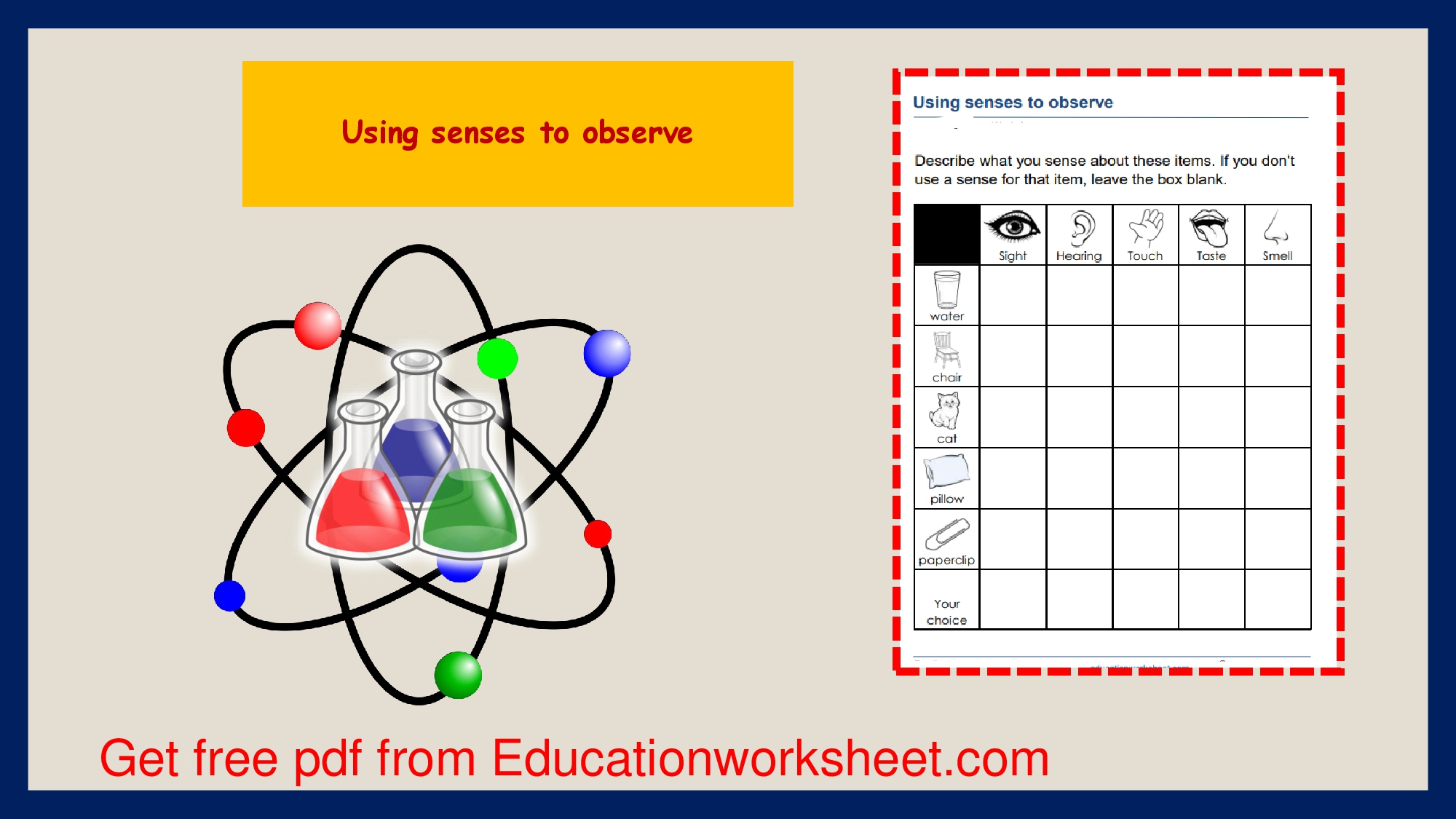Observation skills worksheets.
Observation skills worksheets.
Observation skills refer to the ability to gather information, details, or data through careful and attentive examination of people, objects, events, or situations. These skills involve using your senses, such as sight, hearing, touch, and sometimes even taste and smell, to collect information accurately and comprehensively. Observation skills are valuable in various fields and aspects of life, including science, art, education, healthcare, law enforcement, and everyday problem-solving. Key components of observation skills include:
Attention to Detail Observation skills worksheets.
Effective observers pay close attention to even the smallest and most subtle aspects of what they are observing. This includes noting patterns, discrepancies, and changes.
Active Listening:
In addition to visual observations, active listening is crucial when observing people or events involving spoken communication. It involves not only hearing the words but also understanding the underlying message, tone, and emotions.
Patience:
Sometimes, the details you need to observe may not become apparent immediately. Patience is important to ensure you have sufficient time to gather all the relevant information.
Objectivity:
Observers should strive to be impartial and objective, avoiding bias or preconceived notions that might influence their observations.
Documentation:
Keeping accurate records or notes of your observations is essential, especially when observations need to be shared with others or analyzed later.
Analytical Thinking:
Good observation often goes hand in hand with critical thinking. After making observations, it’s important to analyze the data and draw meaningful conclusions or make decisions based on your findings.
Empathy:
In some contexts, such as healthcare or counseling, empathy is essential for understanding the emotions and experiences of others through observation of their non-verbal cues.
Memory:
Good memory can enhance observation skills by allowing you to retain and recall the details you’ve observed accurately.
Practice:
Like any skill, observation skills can be developed and improved through practice. Engaging in activities that require focused observation, such as nature walks, art, or scientific research, can help hone these skills.
Observation skills are particularly important in professions like law enforcement, healthcare, and scientific research,

However, they are also valuable in everyday life for making informed decisions, solving problems, and better understanding the world around you.
What are observation skills? Observation skills refer to the ability to use all five of your senses to recognize, analyze and recall your surroundings. This practice is often associated with mindfulness because it encourages you to be present and aware of the details of your daily life.
Observation skills are the abilities to notice, analyze, discern, and process the information you can gather from the events that might be happening around you independently of the place you are.
For example,
watching an apple fall from a tree could be an observation. Noticing that fish only come to a particular part of the river in the early morning is also an observation
7 types of observational studies
- Cross-sectional studies. Cross-sectional studies happen when researchers observe their chosen subject at one particular point in time. …
- Case-control studies. …
- Cohort studies. …
- Naturalistic observation. …
- Participant observation. …
- Structured observation. …
- Longitudinal studies.
What are the steps of observation?
- Determine your research objective. Understand the objective and goals of your research. …
- Determine questions and create a research guide. …
- Establish your method of gathering data. …
- Observe. …
- Prepare your data. …
- Analyze behaviors in your data.

